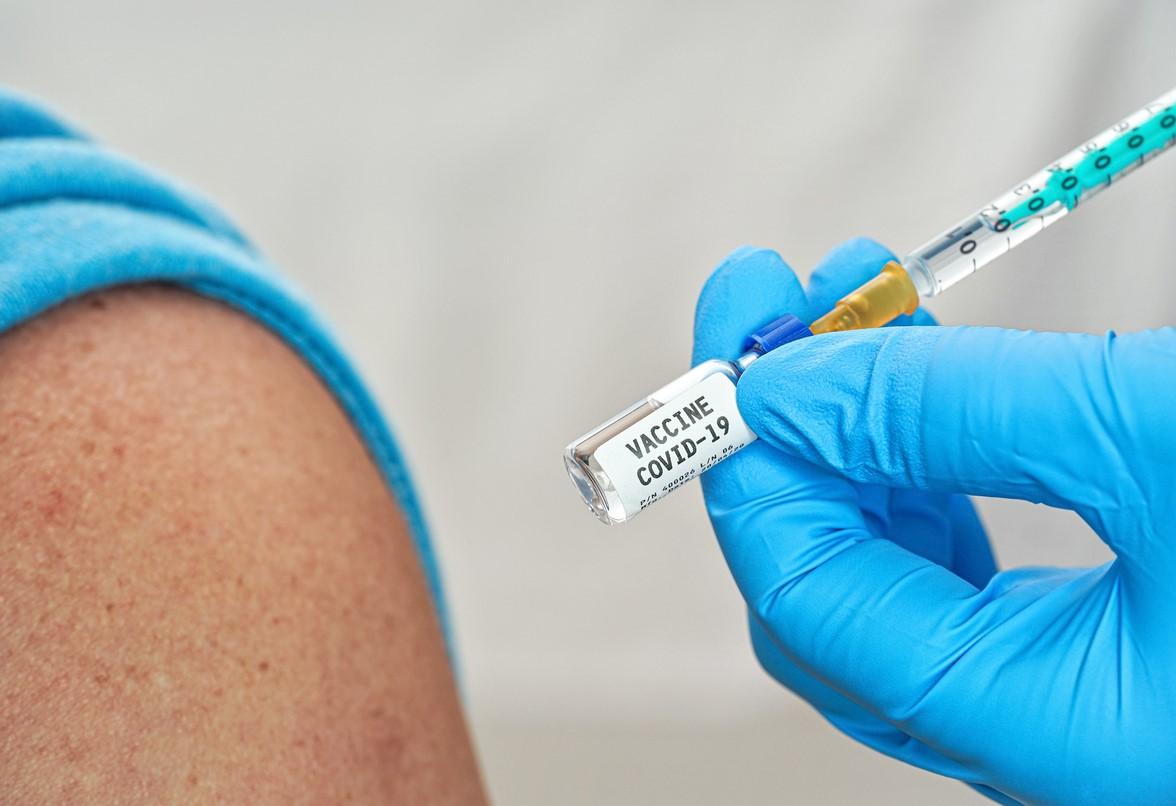
US state COVID-19 vaccine mandates didn't significantly change uptake, and states with mandates actually had lower COVID-19 booster and voluntary adult and child flu vaccine coverage than those that banned vaccine requirements, an analysis of Centers for Disease Control and Prevention (CDC) data suggests.
Researchers from the University of Arizona at Tucson and Furman University in South Carolina parsed the data to identify changes in COVID-19 vaccination rates and COVID-19 boosters and seasonal flu vaccines in the 2 months before and after implementation of state-level mandates for targeted groups (eg, state employees). Baseline attitudes were collected before the vaccine rollout as part of the COVID States Project.
Challenges of promoting public health via vaccines
In the 19 states with COVID-19 vaccine mandates, weekly COVID-19 vaccination rates weren't statistically significantly different before and after mandate implementation, and the difference in vaccination rates from before to after mandates didn't depend on baseline attitudes toward the requirements. The authors noted that the analysis wasn't sufficiently powered to detect small effects.
A series of multilevel models were tested to compare state-level differences in weekly COVID-19 booster uptake from rollout in November 2021 to May 2022 in mandate states and in the 22 states that outlawed such mandates. The results suggested that the percentage of eligible residents who received a booster was smaller in mandate states than in those that banned mandates. The difference was greater among states with lower vaccination levels.
The results underscore the challenges of promoting public health through vaccination.
An examination of two CDC datasets on state-level flu vaccination among adults and children in the 2021-22 flu season showed that both adults and children in mandate states were less likely to receive the flu vaccine than those in states with mandate bans.
"This research supports the notion that governmental restrictions in the form of vaccination mandates can have unintended negative consequences, not necessarily by reducing uptake of the mandated vaccine, but by reducing adoption of other voluntary vaccines," the study authors wrote. "More broadly, the results underscore the challenges of promoting public health through vaccination."











